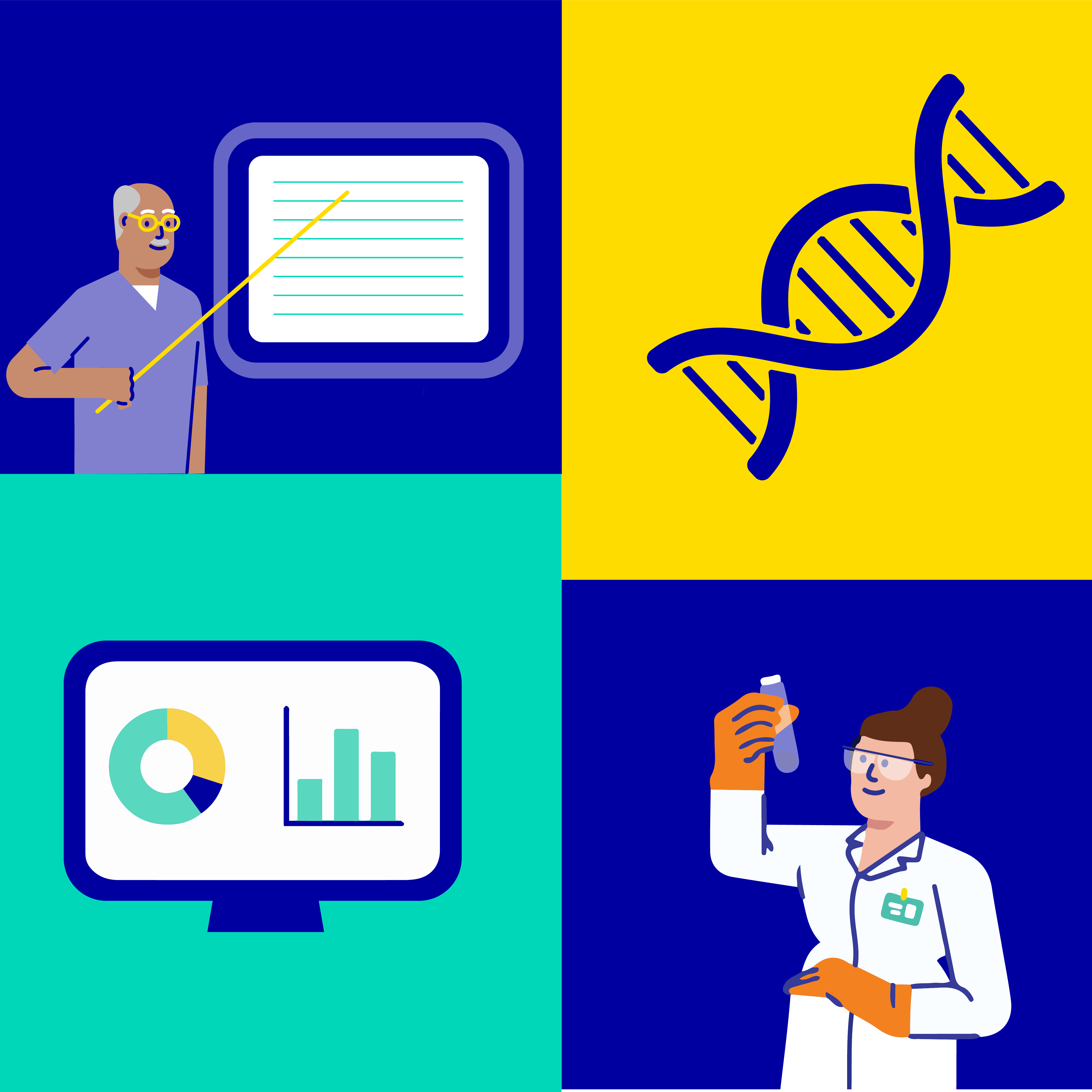There’s a reason the Capital Area Food Bank (CAFB) calls their phone number the “hunger lifeline.” That’s because the nonprofit organization sources and distributes more than 30 million meals to people in need in the Washington, D.C. region each year. Yet, COVID-19 has caused a tremendous spike in demand, with many of the nonprofit organizations CAFB supplies food to reporting between 30% and 400% increases in the numbers of people coming through their doors.
As a global company headquartered in the metropolitan D.C. area, we have a responsibility and opportunity to help our local community.
To assist in this effort, the Mars Foundation, operated on behalf of the Mars Family, has donated $500,000 to help address increased hunger and food insecurity in the wake of COVID-19. This donation is in addition to Mars’ $20 million in cash and in-kind giving to support communities’ response and recovery.
The funds will allow the organization to increase its capacity – providing critical nutrition to nearly 400,000 of our hardest hit neighbors.
“We’re proud to support the Capital Area Food Bank in their important work providing healthy meals to many people struggling with hunger and food insecurity during these particularly challenging times,” said Otis O. Otih, Global Treasury Director, on behalf of the Mars Foundation. “We will get through this pandemic by supporting one another, and that’s what this commitment to our local community is all about.”
We are grateful to support the Capital Area Food Bank and its network of over 450 partners including soup kitchens, group homes, emergency shelters, food pantries and childcare centers, in the community where we live, work and operate.














